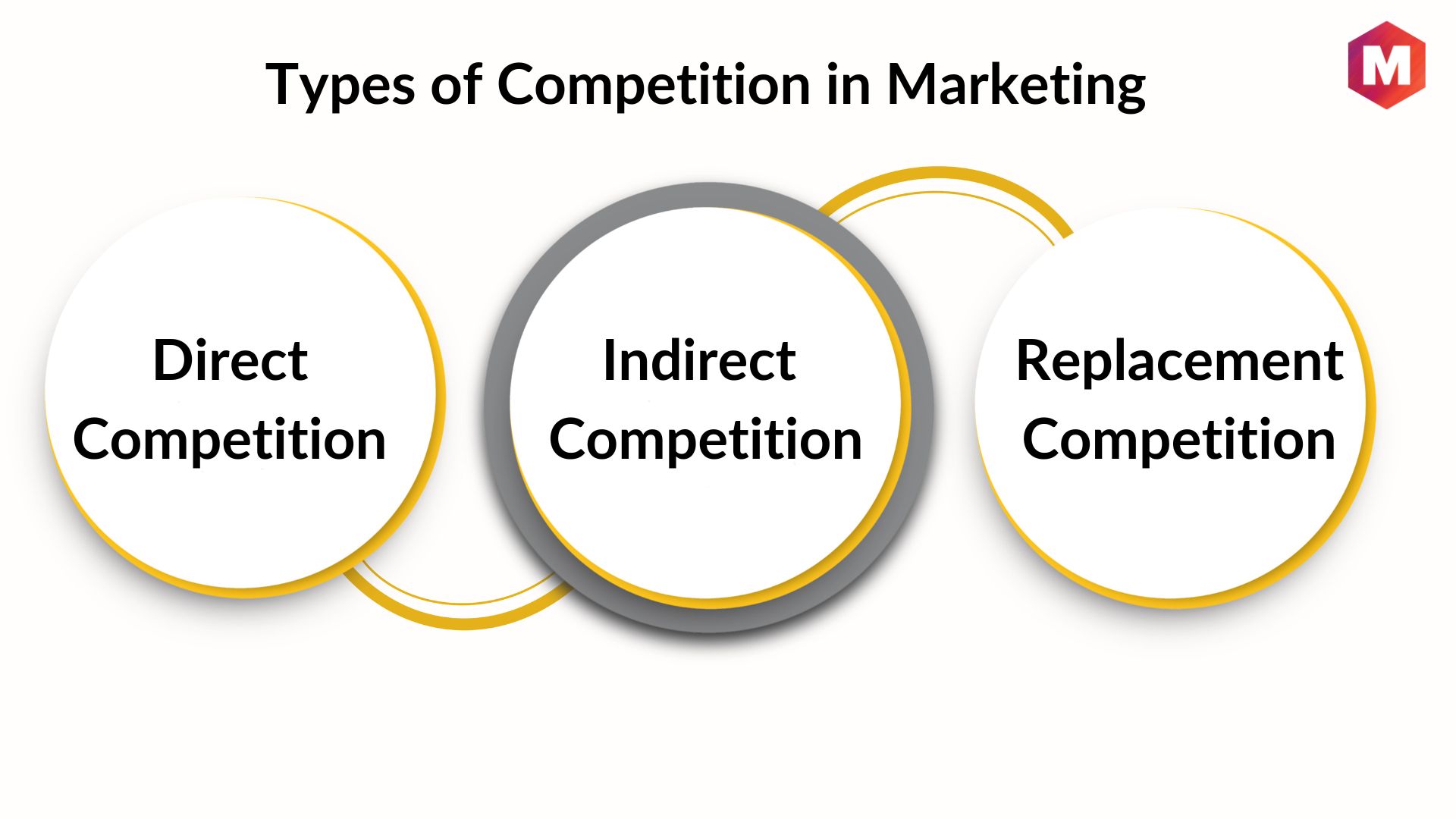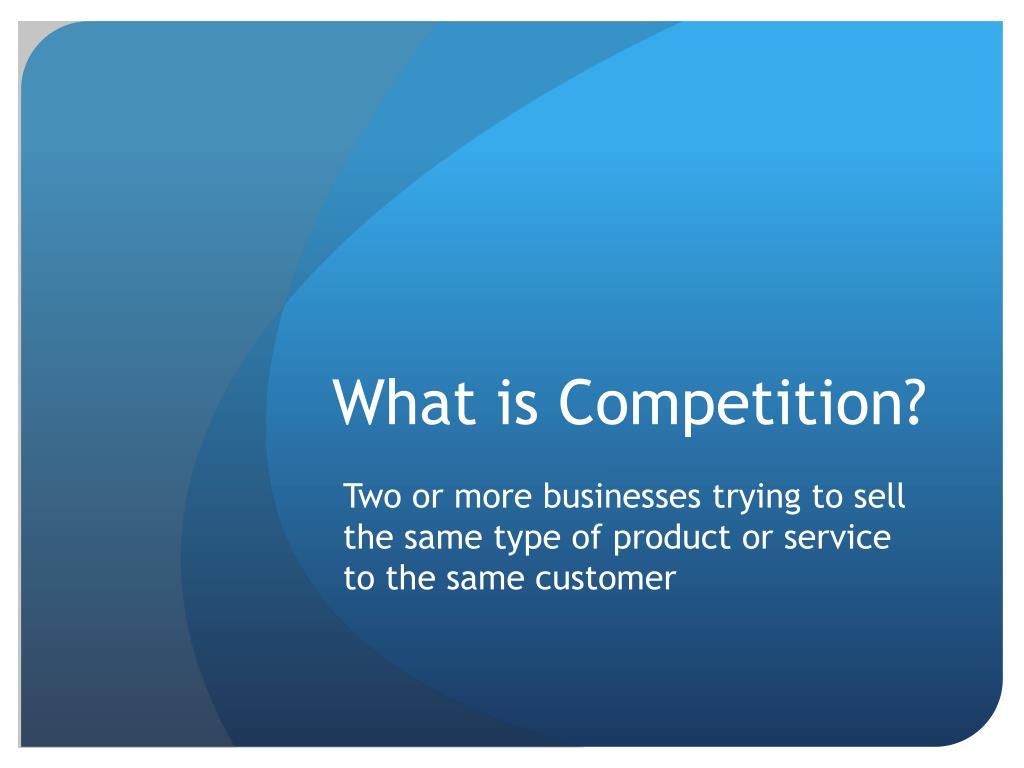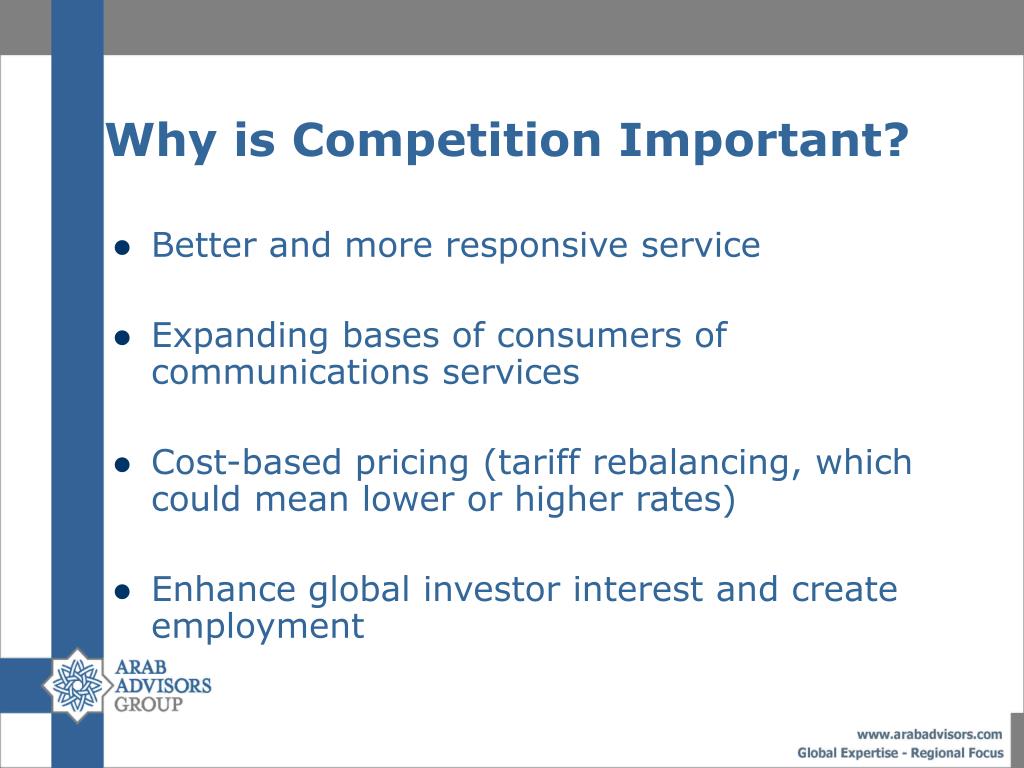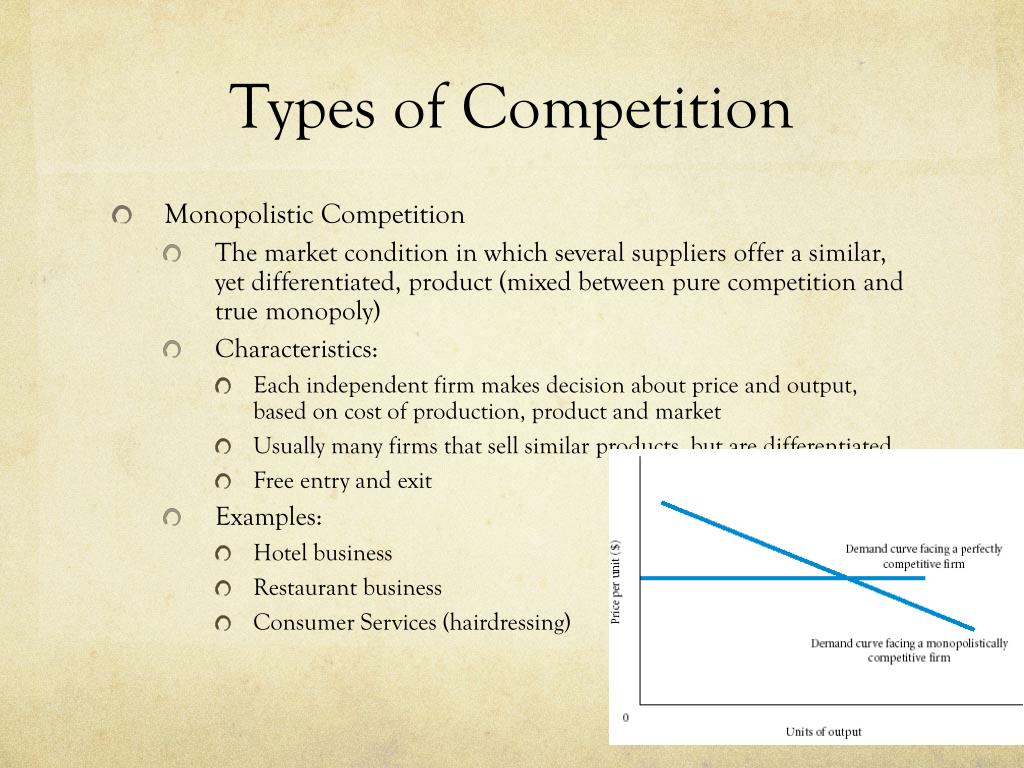Why Is Competition Important In The Market

Imagine walking down a bustling street lined with shops. Each storefront beckons with colorful displays and enticing offers. The air buzzes with the energy of vendors eager to win your attention, each one striving to offer the best products and services. This vibrant scene illustrates the essence of competition, a driving force that shapes our markets and ultimately benefits us, the consumers.
At its core, competition in the market isn't just about businesses battling for dominance. It's about fostering innovation, driving down prices, and ensuring a diverse range of choices for consumers. This fundamental principle underpins a healthy and thriving economy. It creates a landscape where businesses are constantly challenged to improve, adapt, and deliver value.
The Spark of Innovation
Competition acts as a powerful catalyst for innovation. When businesses face rivals, they're compelled to find new and better ways to stand out from the crowd.
This can manifest in countless ways, from developing cutting-edge technologies to refining existing products and services.
Consider the smartphone industry. The intense rivalry between companies like Apple and Samsung has fueled a relentless cycle of innovation, resulting in devices with increasingly impressive features and capabilities.
Lower Prices and Enhanced Value
One of the most direct and tangible benefits of competition is lower prices. When multiple businesses are vying for the same customers, they're often forced to reduce their prices to attract buyers.
This is especially true in industries with high levels of competition. Think about airlines. The presence of numerous carriers on popular routes often leads to fare wars, allowing consumers to travel at more affordable rates.
Beyond just prices, competition also drives businesses to offer enhanced value. This might involve improved customer service, longer warranties, or bundled services that provide more bang for your buck.
A World of Choice
Competition expands the range of choices available to consumers. Without it, a single dominant company could dictate the market, limiting options and stifling variety.
Imagine a world with only one brand of coffee or one type of car. That's the reality we would face without competitive markets.
The existence of multiple players ensures that consumers have access to a diverse array of products and services, catering to different needs, preferences, and budgets. A report by the Federal Trade Commission emphasizes the importance of choice for a healthy economy.
The Role of Regulation
While competition is generally beneficial, it's important to acknowledge that it can sometimes be stifled or distorted by anti-competitive practices. This is where government regulation plays a crucial role.
Anti-trust laws are designed to prevent monopolies and cartels from forming, ensuring a level playing field for all businesses.
These laws also prohibit practices such as price-fixing and predatory pricing, which can harm consumers and stifle innovation. The Department of Justice actively enforces these laws.
A Constant Balancing Act
Maintaining a healthy level of competition requires a constant balancing act. Governments must strike a delicate balance between fostering competition and avoiding excessive regulation that could stifle innovation and investment.
The goal is to create an environment where businesses are incentivized to compete fairly and vigorously, ultimately benefiting consumers and driving economic growth.
Ultimately, competition is not simply a business strategy; it is a fundamental pillar of a thriving economy and a society where progress and innovation can flourish.


















